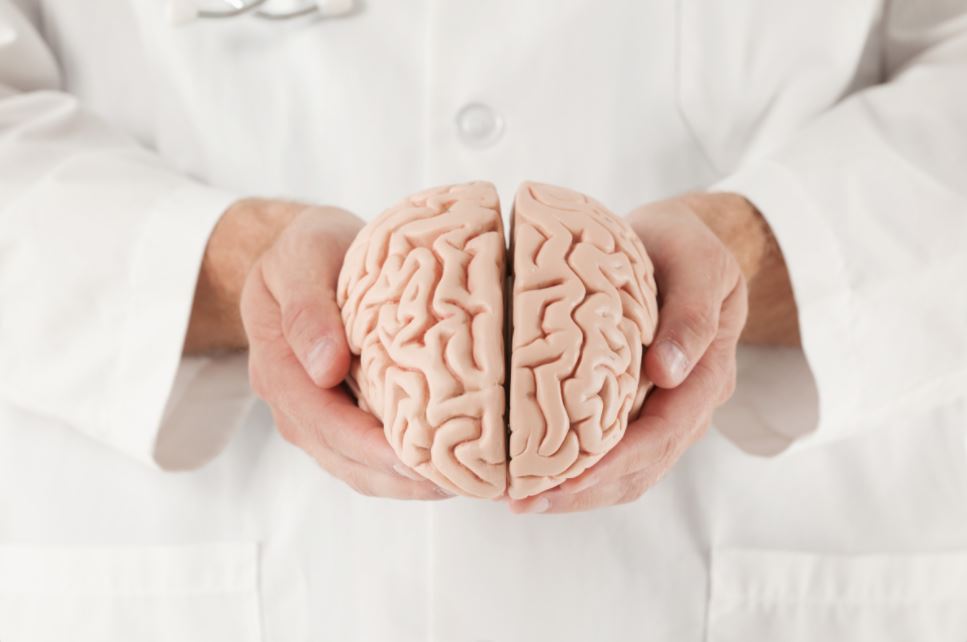Balance concerns can challenge both the patient and caregivers after a traumatic brain injury (TBI). Over half of TBI patients experience some level of dizziness or balance concerns.
Some patients feel like they might faint, that their surroundings are moving even though they are standing still, or feel light-headed.
Many factors determine the severity of balance problems, including injury severity, part of the brain-damaged, or medications. Other patients, such as those injured in a car accident, may have balance issues due to other injuries the body has sustained.
The most significant reason balance is concerning for TBI patients is because of the risk of falls. Older patients may already have difficulties with balance, even without a TBI. Add in a brain injury, and their risk of falls significantly increases.
Falls are concerning because they can cause injuries that may delay recovery and rehabilitation. Some patients even have a second TBI resulting in second impact syndrome.
Also, balance is essential for a patient to be able to participate in daily life. Balance can affect sitting, standing, walking, and self-care. Some patients have challenges with bathing, using the toilet, and the ability to dress.
Professionals at post-acute rehabilitation centers are specialists in diagnosing balance concerns after a TBI. Doctors who focus on the nervous system and the brain can usually quickly identify the issue to develop a treatment plan as soon as possible to reduce the risk of falls.
A team approach is the best approach! Physical therapists are key for identifying and rehabilitating patients who have had a TBI.
Occupational therapists also use balance tests to specify the severity of balance issues and provide interventions to reduce the risk of falls. Other staff are educated on patients' individual needs regarding balance issues so they may safely help patients who are in recovery.
The treatment team can use several interventions to help patients with balance problems, including:
It is important to remember every patient is different. Some have relief of balance problems soon after starting a program, while it can take months or even years for others.
Continuing to work on a program is important for both short-term and long-term recovery. We cannot stress enough how important it is to have patience while your loved one is working to rebuild and restore balance problems.

Neulife specializes in the treatment of TBI patients and the many symptoms they experience. Through a safe and specialized approach, they can help patients with their symptoms, such as balance.
The program at Neulife focuses on the needs of every patient and their family. Our rehabilitation for brain injury includes clinical evaluations, medical care, and therapeutic activities, all customized to meet each patient's goals, needs, and abilities.
Every component of the treatment plan is customized to the individual patient for guaranteed results so patients can transition home safely.
If you have any questions or would like to schedule a tour around our modern, beautifully situated on 43 acres in Mount Dora, Florida, patient-friendly facility, please do contact us – we are looking forward to seeing you!
The material contained on this site is for informational purposes only and DOES NOT CONSTITUTE THE PROVIDING OF MEDICAL ADVICE, and is not intended to be a substitute for independent professional medical judgment, advice, diagnosis, or treatment. Always seek the advice of your physician or other qualified healthcare providers with any questions or concerns you may have regarding your health.

We know that choosing the next step in your recovery from a catastrophic illness or injury is complex. Together, we can help you take the next step.
Contact us with any questions today.